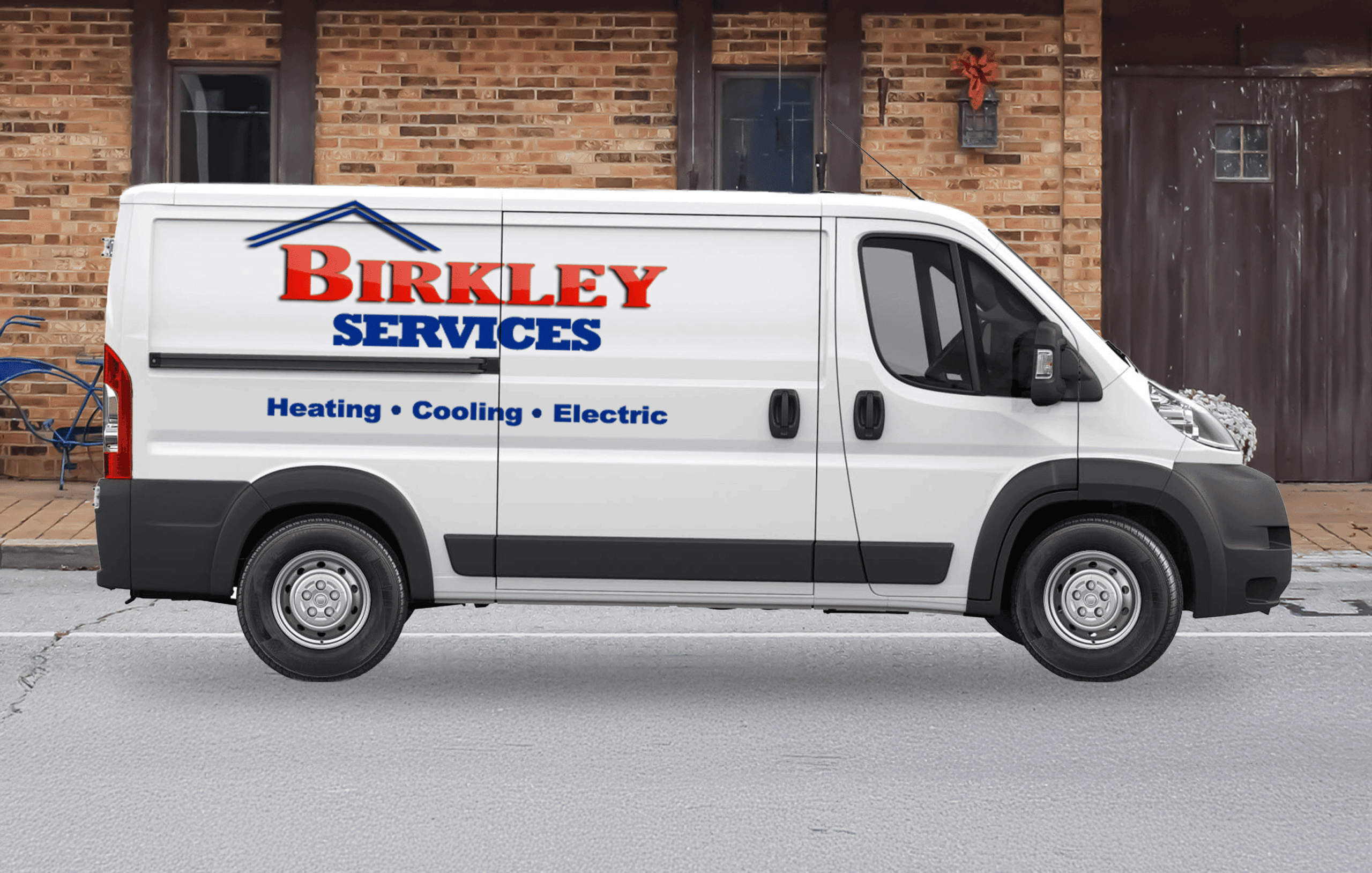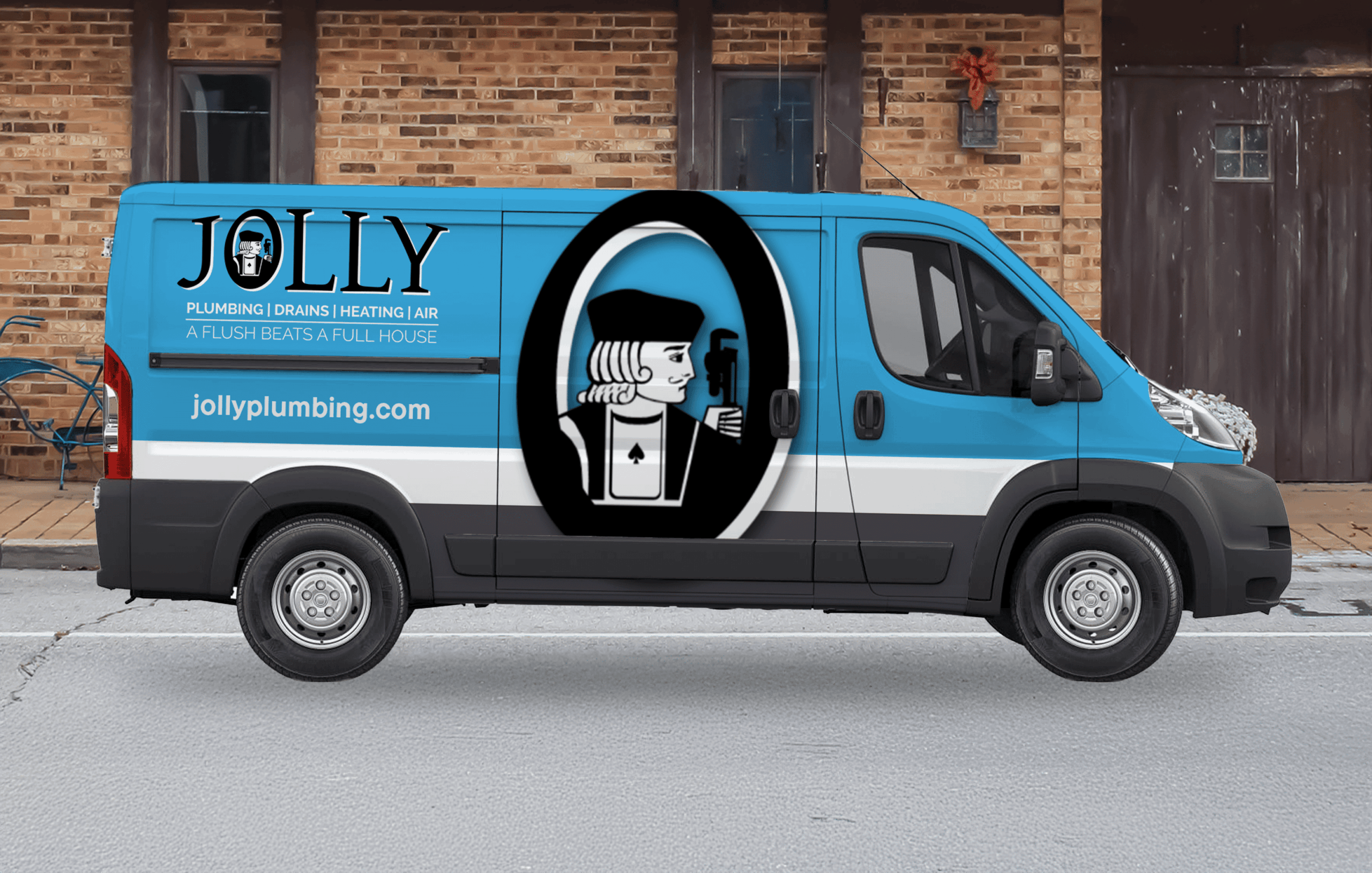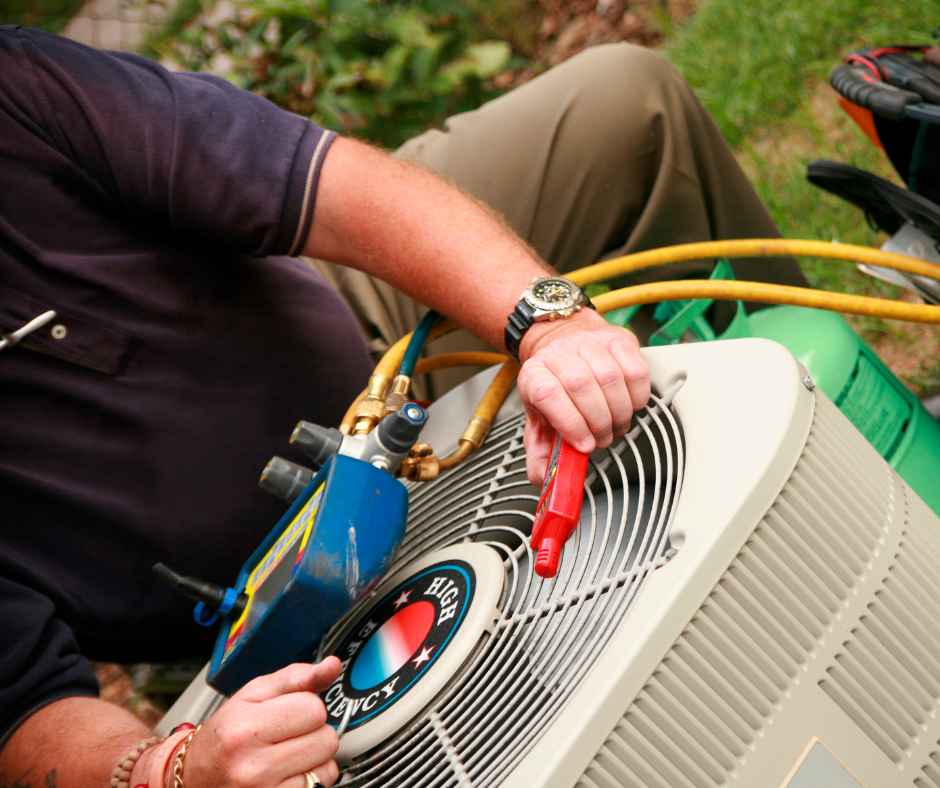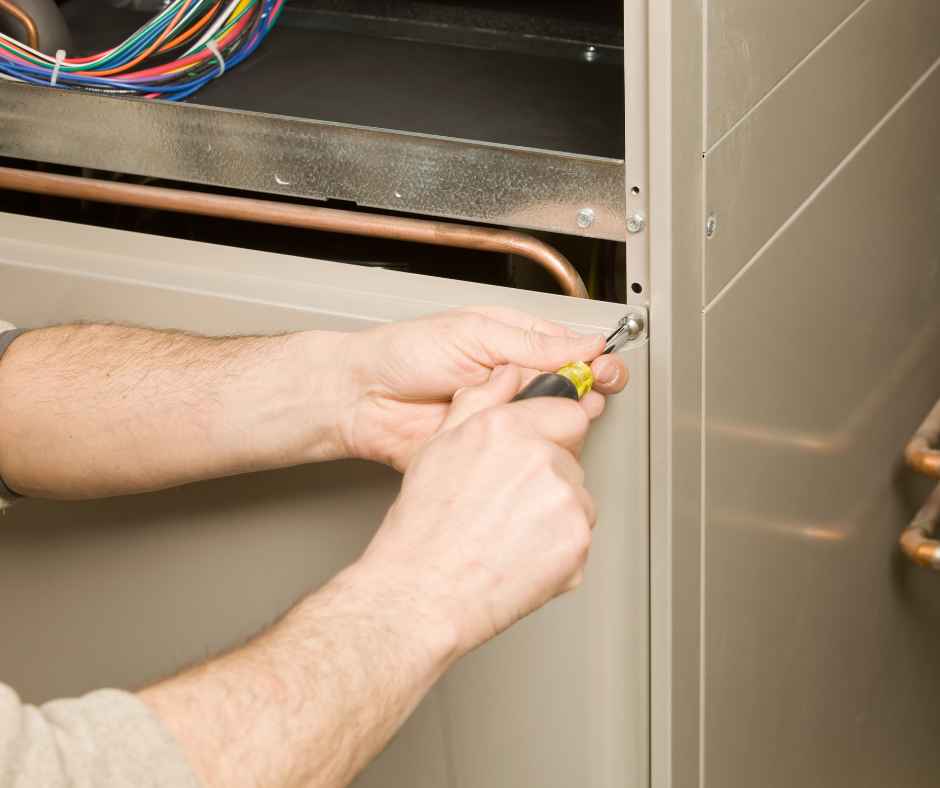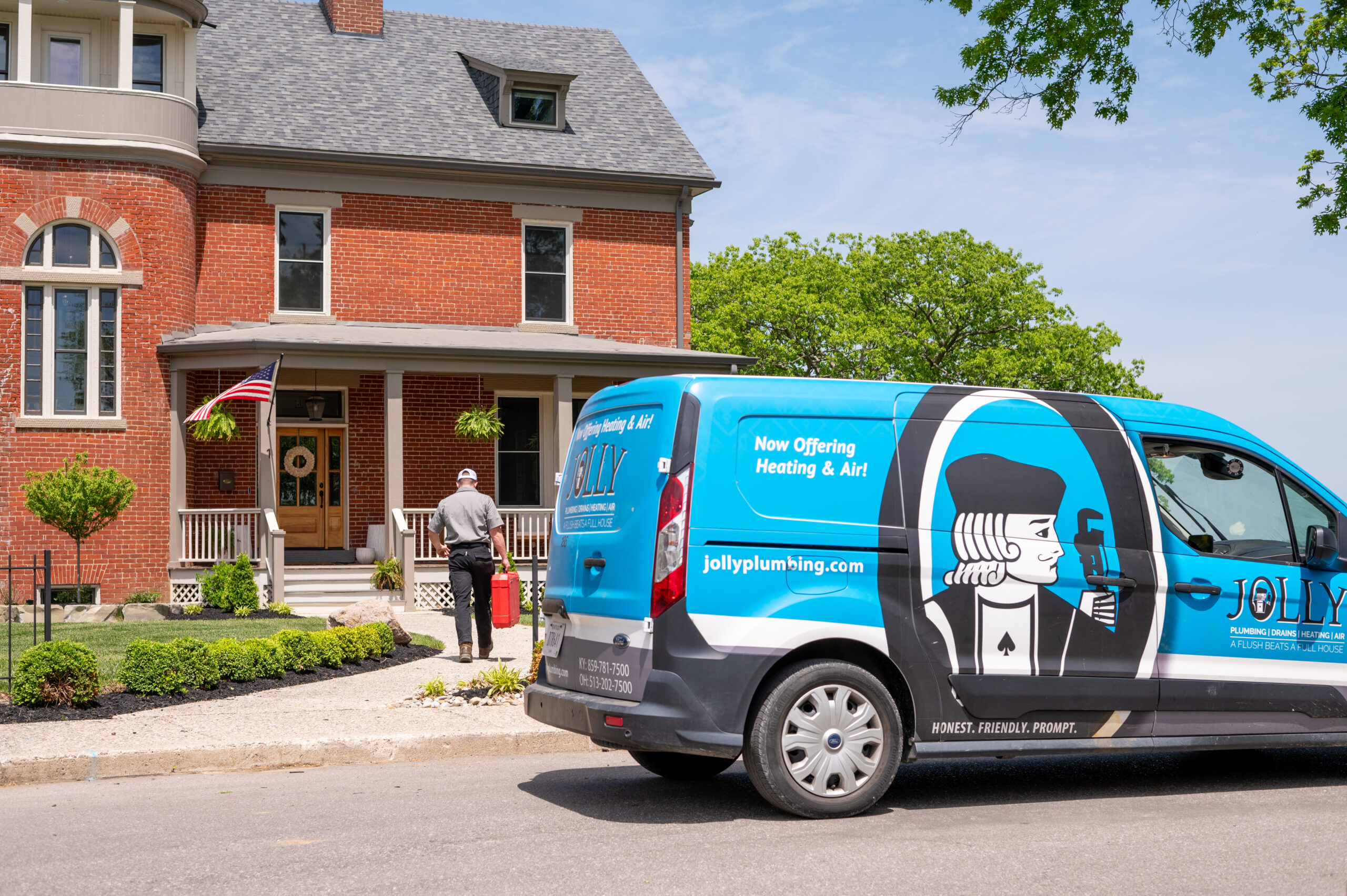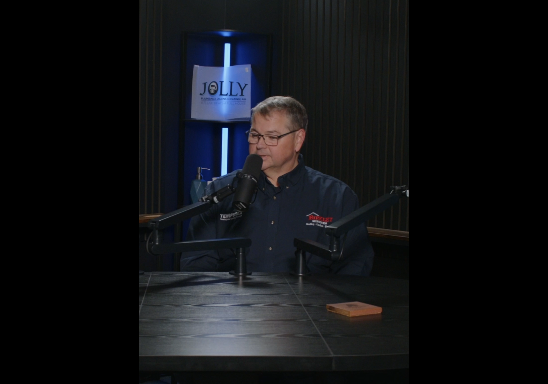A sump pump is responsible for keeping your basement from incurring water damage. It typically works silently, so when you hear a loud humming sound coming from downstairs, you may have a problem on your hands. Continue reading to find out what this noise could mean.
Why Your Sump Pump Is Humming
The reassuring hum of your sump pump is a sound that signifies the diligent protection of your home from potential water damage. It’s a sound that lets you know your basement remains dry, even during heavy rains. However, what happens when that hum takes an unsettling turn and becomes louder, more pronounced, or irregular?
When your sump pump starts singing an unfamiliar tune, it’s essential to understand the reasons behind it. Take a look at the potential causes of a singing sump pump, so you can decipher the source of the problem and take swift action to keep your basement dry and your peace of mind intact.
Motor Malfunction
The sump pump’s motor is its beating heart. It plays a pivotal role in driving the impeller to expel water from the sump pit. However, when it starts making odd sounds, you may have an issue. Here are some common signs that the motor is the culprit:
- Unusual noise: If your once-quiet sump pump has suddenly become louder, emitting a pronounced hum, the motor might be struggling.
- Inconsistent operation: If the pump starts and stops irregularly or fails to start at all, it could be due to motor issues.
A malfunctioning motor is a significant concern as it can lead to a complete sump pump failure when left unaddressed.
Clogged or Blocked Impellers
Another possible culprit is your impellers. Impellers are designed to rapidly rotate and push water out of the pit when activated. They are the workhorses of the sump pump and are responsible for efficiently moving water out of the pit and away from your home. When these impellers become clogged or blocked, it can result in a frustrating humming sound.
Debris like dirt, sand, gravel, or small stones can accumulate around the impellers and prevent them from functioning smoothly. This obstruction forces the pump to work harder, causing it to make odd sounds as it struggles to move water effectively.
Regularly inspecting and cleaning your sump pit can help prevent impeller blockages and maintain your sump pump’s efficiency.
Damaged or Worn Out Bearings
Bearings are crucial components that allow the impeller shaft to spin smoothly. Over time, wear and tear can cause these bearings to deteriorate, resulting in a noticeable humming sound.
As bearings wear out, they can become noisy, emitting a loud hum. This noise is a telltale sign of bearing damage or deterioration. If you hear a humming sound, especially when the pump is running, it’s worth inspecting the bearings.
Quick Fixes for a Humming Sump Pump
To reiterate, a soft hum signifies that your sump pump is working properly. However, there may be cause for worry if the hum becomes louder and more noticeable. This noise can point to an underlying cause.
The good news is that not all humming issues with your sump pump require major repairs or replacements. To help you distinguish what steps you need to take, we’ll explore quick fixes and preventative measures that can help restore your sump pump’s harmonious operation.
From regular maintenance routines to knowing when it’s time to seek professional assistance, we’ll guide you through the steps to ensure your sump pump continues to be a reliable safeguard for your home.
Regular Maintenance
Prevention is often the best solution to sump pump issues. A well-maintained sump pump is less likely to encounter issues. Here’s what you can do to remedy the situation if your sump pump is humming:
- Clean the pit: Regularly remove debris from the sump pit to prevent impeller blockages. This simple step can go a long way in maintaining the pump’s efficiency.
- Test the float switch: Additionally, ensure the float switch moves freely and can activate the pump when needed. A stuck float switch can lead to a humming pump and potential flooding.
- Inspect the power source: Check that the power supply to your sump pump is stable as voltage fluctuations can affect the motor’s performance.
- Lubricate bearings: If you have the skills and the manufacturer recommends it, apply lubrication to the bearings. Proper lubrication can extend the lifespan of your sump pump and keep it running more effectively over time.
Seeking Professional Help
While DIY maintenance can address some humming issues, there are times when a professional touch is necessary. Don’t hesitate to contact us at Jolly Plumbing, Drains, Heating & Air if you encounter any of the following situations:
- You’re unsure about the cause of the humming, and it persists despite your DIY efforts.
- You suspect a motor or bearing problem that requires specialized knowledge and tools.
- Your sump pump’s warranty is still valid, and you want to utilize professional service for repairs.
We take pride in being a trusted service provider in the Northern Kentucky and Cincinnati area, and our team of experts is ready to ensure your sump pump is in tip-top shape. Our technicians have the experience and knowledge needed to diagnose and resolve sump pump issues promptly and efficiently.
Conclusion
In the symphony of your home’s maintenance needs, a loudly humming sump pump can be an unsettling note. By understanding the possible culprits behind the hum and taking timely action, you can keep your sump pump performing at its best.
Remember, regular maintenance and, when necessary, professional assistance from experts like us at Jolly Plumbing, Drains, Heating & Air, are key to ensuring the longevity and efficiency of your sump pump.
We encourage homeowners to address sump pump humming promptly to prevent potential water damage and costly repairs down the road.
Don’t let that hum become a disaster — take action today to keep your basement dry and your peace of mind intact. Trust in us, your reliable partners in plumbing and home comfort, to keep your sump pump humming happily for years to come.
Contact us today for all your sump pump needs!
